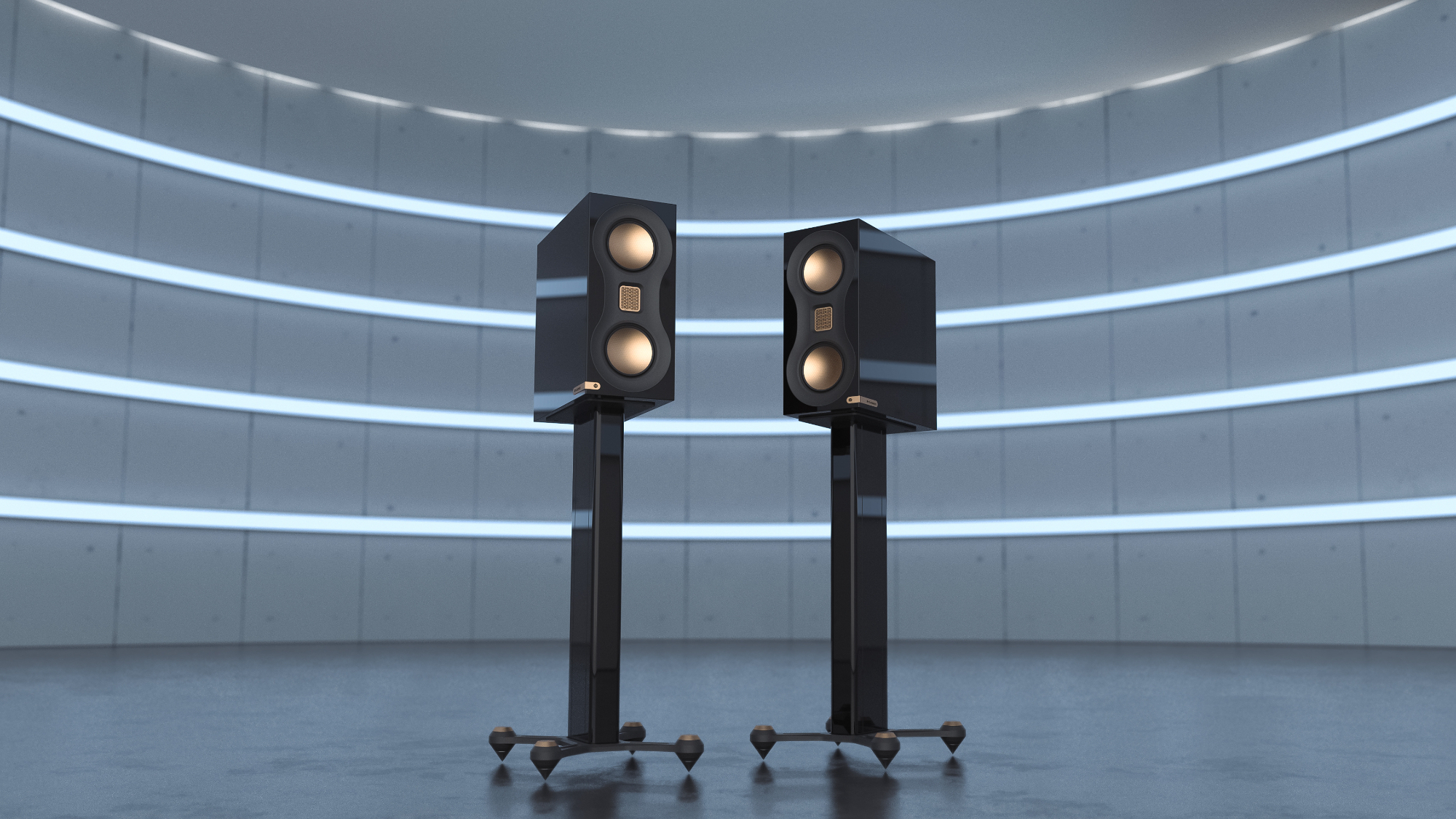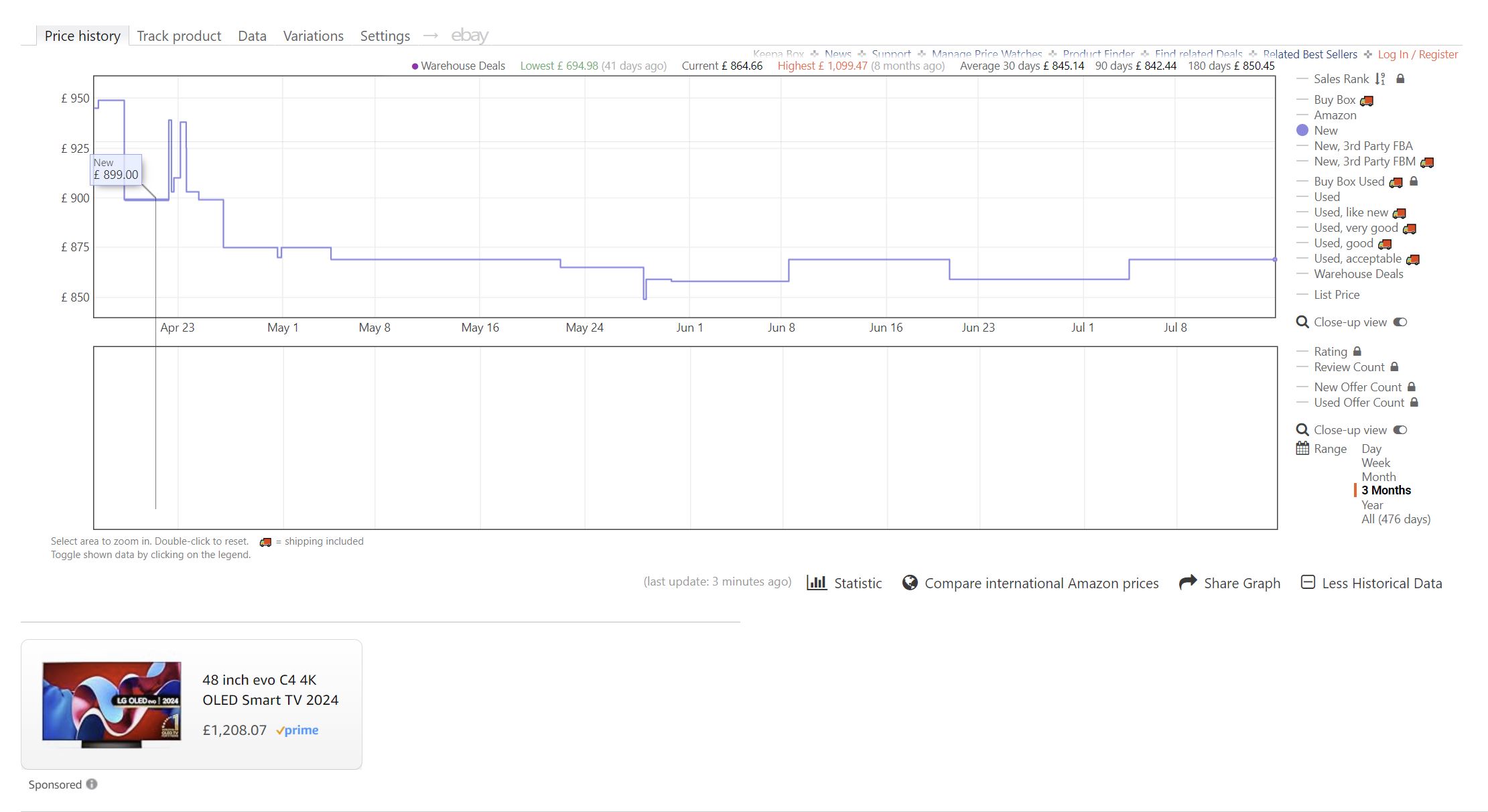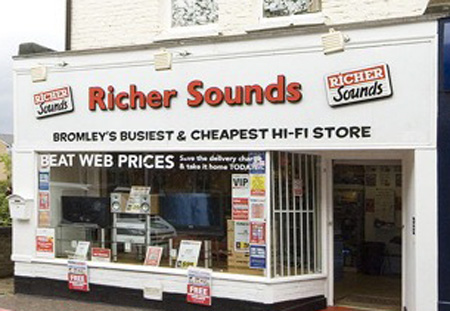Don't get ripped off this Prime Day: 3 simple rules to follow when hi-fi and home cinema shopping
Our team of hi-fi and home cinema experts penned a Prime Day 2024 survival guide to help you make the most of this year’s deals bonanza

Prime Day 2024 is all but here and it has brought with it more hi-fi and home cinema deals than can easily be counted.
And while this is in many ways awesome, it’s also tricky for a couple of reasons. First, because the sheer volume of discounts is all but impossible for any one person to stay on top of.
That’s why the team of experts at What Hi-Fi? spends time trawling through them to find the top discounts actually worth your time and showcase them in pages including our best hi-fi deals and best TV deals guides every year.
Second, because Amazon is huge for a reason. The retailer is incredibly smart in the way it goes about pushing you to click the purchase button and breeds a sense of urgency during the event. This makes Prime a very dangerous time to shop, if you don’t go in prepared.
Here to help you avoid these potential problems, we’ve penned a handy survival guide, where our team details three key bits of advice they recommend any hi-fi or home cinema shopper follow if they want to make the most of Prime Day 2024.
1. Check the product’s price history before buying

Amazon, and retailers in general, are always a little tricky during sales events. This is because most of the discounts compare the current price to the product's launch RRP. Over the numerous Prime Days and Black Fridays, our team found this is problematic as we’ve seen retailers push “deals” during the events where the product was actually cheaper a few months or weeks earlier – so the deal’s not actually that great.
This is particularly prone to happening on products with long shelf lives, where a new model doesn’t come out for over half a decade – like hi-fi separates, AVRs and surround-sound systems.
Get the What Hi-Fi? Newsletter
The latest hi-fi, home cinema and tech news, reviews, buying advice and deals, direct to your inbox.
As an added layer of complexity, we’ve also seen stores raise the price of a product it wants to push a few weeks, or even months, before a big shopping event like Prime Day, in a bid to make the deal look better.
This is why we recommend always using a tool such as Keepa or CamelCamelCamel which let you check the products’ price history. Both are available as standalone tools or Chrome extensions, making it quick and easy to spot bogus, fake deals, quickly and easily.
2. Have a hi-fi and home cinema hitlist – and stick to it

Knowing a product’s price history is great, but trust us when we say, just because something is cheaper than ever before doesn’t mean it’s worth your money. Having reviewed hi-fi and home cinema hardware since the late 1970s, our team of experts can safely confirm that there are plenty of products in both categories that aren’t worth your money or time, no matter how heavily they’ve been discounted.
This is especially true in certain categories. Take cheap TVs as an example. Jump over to our guide on which TVs to watch this Prime Day, and you’ll see that despite the category being one of the biggest when it comes to volume of discounts, a very small number are actually worth buying.
This is because there’s an ongoing issue in the lower end of the TV market where, thanks to companies' overt focus on the top end, there are very few "good" cheap TVs. This is evidenced by the fact that, even in our best cheap TV guide, only a very small number performed well enough to earn five star ratings when our reviewers got them in for testing.
Because of this we recommend doing your research before you start shopping and going in with a hit list of products you’ve already approved and know will 100 per cent meet your needs. As an added bonus, it will also help you avoid two key, easy mistakes even members of the What Hi-Fi? team have made.
First, it’ll help you avoid making impulse purchases – our editor (me) still has metres worth of unneeded Chord Company RumourX cable and a superfluous Chromecast with Google TV after impulse purchases during last year's Prime Day.
In the world of separates we always recommend doing your research and matching products when building a hi-fi set-up. This is especially important as simply bolting together a bunch of five-star products isn’t a surefire way to get the best results.
For the best results, parts need to have complementary sonic characters. That’s why we recommend checking out our system guides, or doing the legwork yourself and demoing how the product you’re considering works with your other hardware at your local hi-fi shop before making a purchase.
3. Keep tabs on the specialists

Speaking of hi-fi shops, our third and final piece of advice is a simple one: keep an eye on specialist retailers as well as Amazon.
Amazon’s huge, but in the world of hi-fi and home cinema it’s not always the best place to get a great deal. Specialist retailers exist for a reason, especially if you're shopping for high-end hi-fi or a less mainstream category. That’s why our experts always check what’s available in specialist shops, such as Richer Sounds, Sevenoaks Audio and Peter Tyson in the UK, or Audio Advice in the US.
Often, these stores not only have better selections of specific categories, they also offer equally as good, if not better, discounts than those you’ll find on Amazon in many instances. Which is why we always recommend checking them out as well as Amazon, even during Prime Day.
MORE:
We rate the best speakers money can buy
Check out our best wireless earbuds deals guide
Looking for a new OLED TV? Then you’ll want to keep an eye on our best OLED TV deals guide this Prime Day

Alastair is What Hi-Fi?’s editor in chief. He has well over a decade’s experience as a journalist working in both B2C and B2B press. During this time he’s covered everything from the launch of the first Amazon Echo to government cyber security policy. Prior to joining What Hi-Fi? he served as Trusted Reviews’ editor-in-chief. Outside of tech, he has a Masters from King’s College London in Ethics and the Philosophy of Religion, is an enthusiastic, but untalented, guitar player and runs a webcomic in his spare time.
